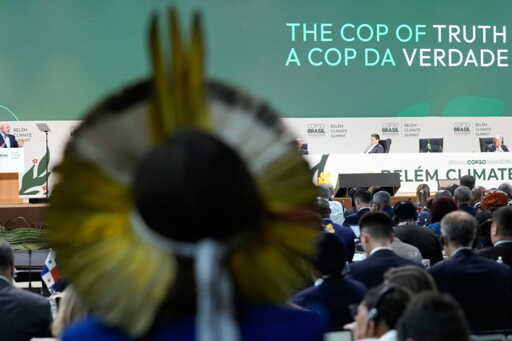At COP30 in Belém, the first climate summit held in the Amazon, something rare has happened. For years, the risks and failures of carbon offsetting have been dismissed as activist exaggeration or technical teething problems. But this week, Brazil’s leading scientists publicly said what many Indigenous and frontline communities have long argued: forests cannot be used as offsets. This warning, issued by the COP30 Science Council, should land with force. These are not fringe voices. Carlos Nobre, Paulo Artaxo, Piers Forster, Thelma Krug, Johan Rockström and others are among the world’s foremost experts on tipping points and terrestrial systems. Their statement is unusually blunt: the world is “already facing danger”; fossil fuel emissions must start falling next year; and forests — especially the Amazon — can no longer be treated as a stable carbon sink capable of compensating for continued burning of coal, oil and gas. This matters because the Amazon, once one of Earth’s greatest climate stabilizers, is approaching profound fragility. Drought, heat waves, fires and land conversion are eroding the forest’s ability to store carbon. Parts of the region are already flipping from sink to source. The science is clear: you cannot offset permanent fossil fuel emissions with nonpermanent, vulnerable biological carbon. The accounting doesn’t hold — and the ecological reality no longer allows the fiction to stand. A forest fire in the the Brazilian Amazon, which is already flipping from carbon sink to carbon source, research finds. Image courtesy of Victor Moriyama/Clean Air Fund. Yet in Belém, negotiators are still trying…This article was originally published on Mongabay
From Conservation news via this RSS feed


